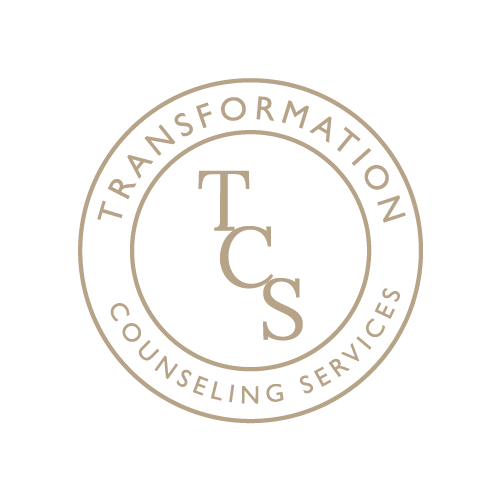Internalized homophobia is a complex issue that many individuals in the LGBTQIA+ community face. It refers to the internalization of negative attitudes, beliefs, and biases about homosexuality. Overcoming internalized homophobia is an empowering journey towards self-acceptance and embracing one’s authentic identity.
In this blog, we will explore the significance of overcoming internalized homophobia and provide insights on how to embark on this transformative path.
Unpacking Internalized Homophobia:
Overcoming internalized homophobia can be a life-saving process for individuals in the LGBTQIA+ community. It involves confronting negative beliefs and biases about homosexuality that are internalized (usually subconsciously) from societal influences.
Social group reactions that label queerness as morally wrong contribute to the development of internalized homophobia. By unpacking and challenging these beliefs, individuals can alleviate emotional distress, foster self-acceptance, build resilience, and inspire positive change. This transformative journey not only saves lives but also creates a world of acceptance and understanding.
Steps to Overcome Internalized Homophobia:
- Recognize and challenge internalized beliefs: Start by acknowledging the presence of internalized homophobia within yourself. Recognize that these beliefs are rooted in societal conditioning rather than reflecting your true worth or identity. Challenge these negative beliefs by educating yourself, engaging with positive LGBTQ+ resources, and surrounding yourself with supportive individuals.
- Seek support and community: Building a supportive network is vital in overcoming internalized homophobia. Connect with LGBTQ+ support groups, organizations, or online communities where you can share experiences, receive validation, and find guidance. Surrounding yourself with accepting and understanding individuals can help you feel affirmed and reduce feelings of isolation.
- Cultivate self-compassion: Practice self-compassion by treating yourself with kindness, understanding, and acceptance. Remind yourself that your sexual orientation is a beautiful part of your identity and deserves love and acceptance. Challenge negative self-talk and replace it with affirming and empowering thoughts.
- Educate yourself: Educate yourself about the LGBTQ+ community, its history, achievements, and the experiences of others. By gaining knowledge and understanding, you can challenge stereotypes, dismantle societal biases, and develop a stronger sense of pride and self-acceptance.
- Engage in self-reflection: Engage in introspection to explore your personal journey and embrace your true self. Reflect on your values, desires, and aspirations without judgment. Allow yourself the freedom to express your authentic identity and live a life true to yourself.
- Challenge societal norms: Recognize that societal norms and expectations should not define your worth or dictate your happiness. Challenge the heteronormative standards imposed by society and embrace your unique expression of love and identity. Surround yourself with inclusive media and role models who celebrate diverse sexual orientations and gender identities.
- Consider therapy or counseling: Therapy can be a valuable tool in overcoming internalized homophobia. A trained therapist can provide a safe and supportive space for exploring your feelings, addressing past trauma, and developing coping strategies. They can help you navigate the journey towards self-acceptance and provide guidance as you embrace your authentic self.
Conclusion:
Overcoming internalized homophobia is a courageous and transformative process that leads to self-acceptance, empowerment, and a sense of liberation. By recognizing and challenging internalized beliefs, seeking support, cultivating self-compassion, educating oneself, engaging in self-reflection, challenging societal norms, and considering therapy, individuals can embark on a journey towards embracing their true identity and living authentically.
Remember, your sexual orientation is a beautiful part of who you are, deserving of love, acceptance, and celebration.

